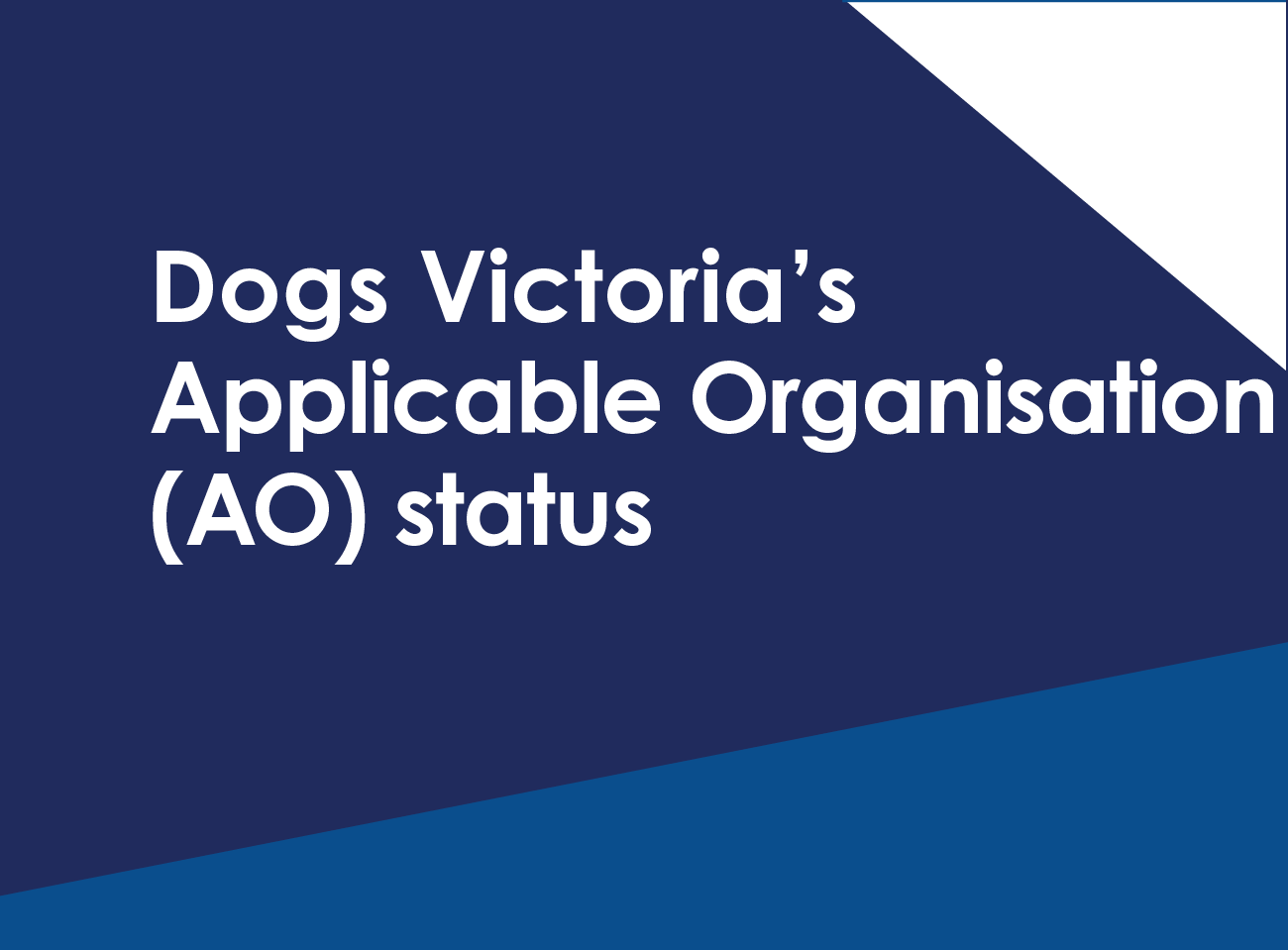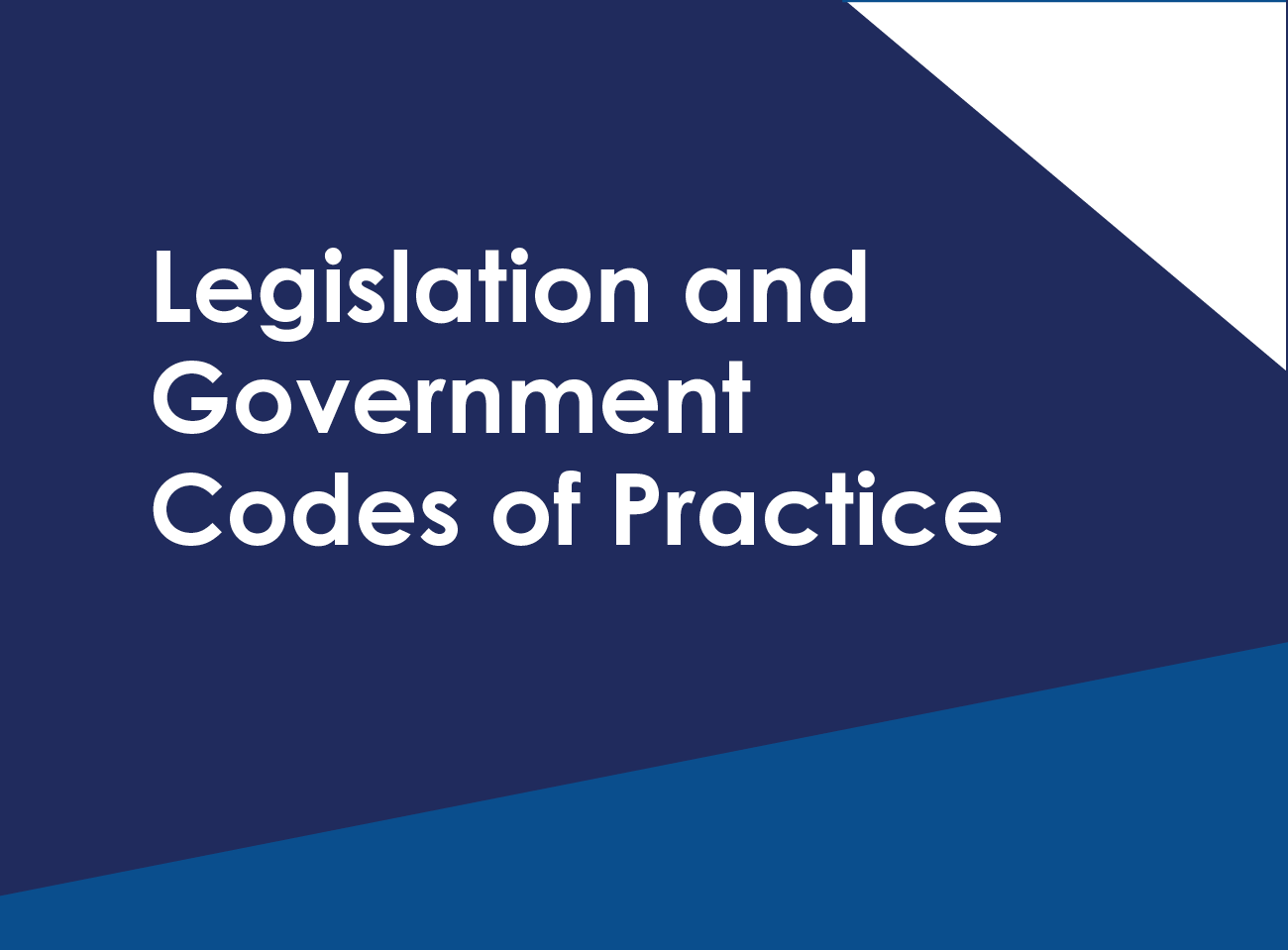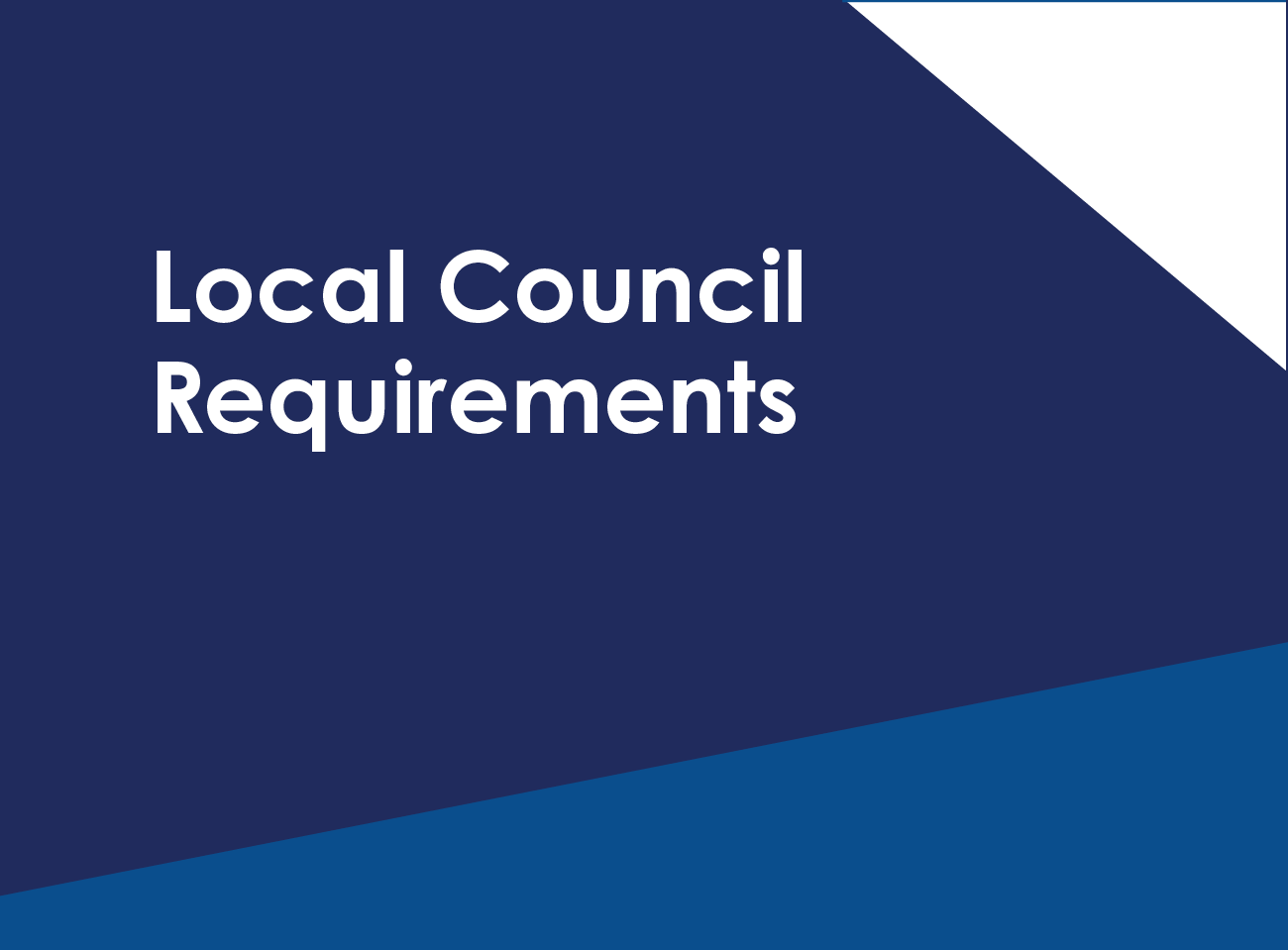Government Legislation

Dogs Victoria's Applicable Organisation (AO) status
What Dogs Victoria's Applicable Organisation (AO) status mean for you. Find out more
Legislation and Government Codes of Practice
Links to all of the relevant Legislation and Government Codes of Practice that apply to Dog Owners and Breeders Find out more
Local Council Requirements
Learn about your Local Council requirements for dog owners and breeders. Find out more



